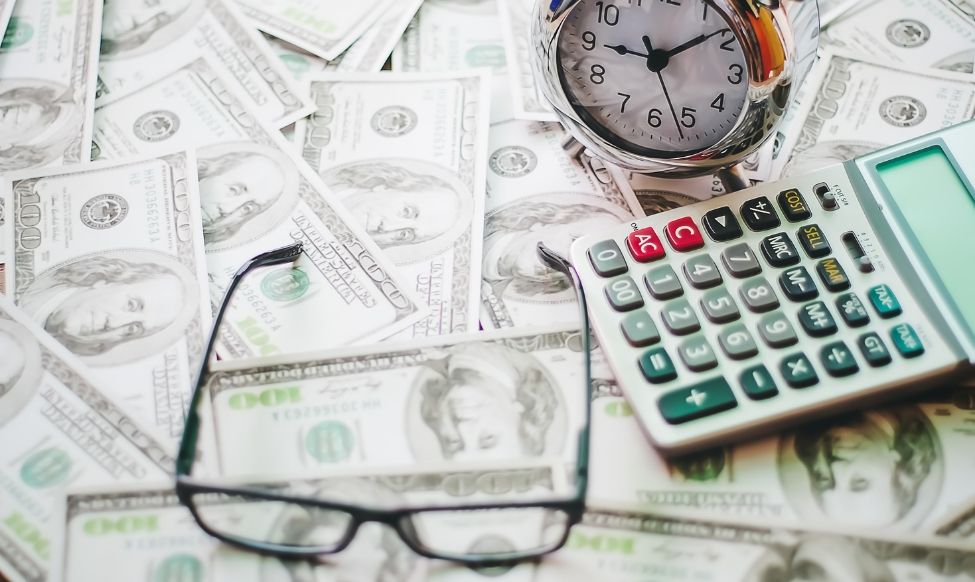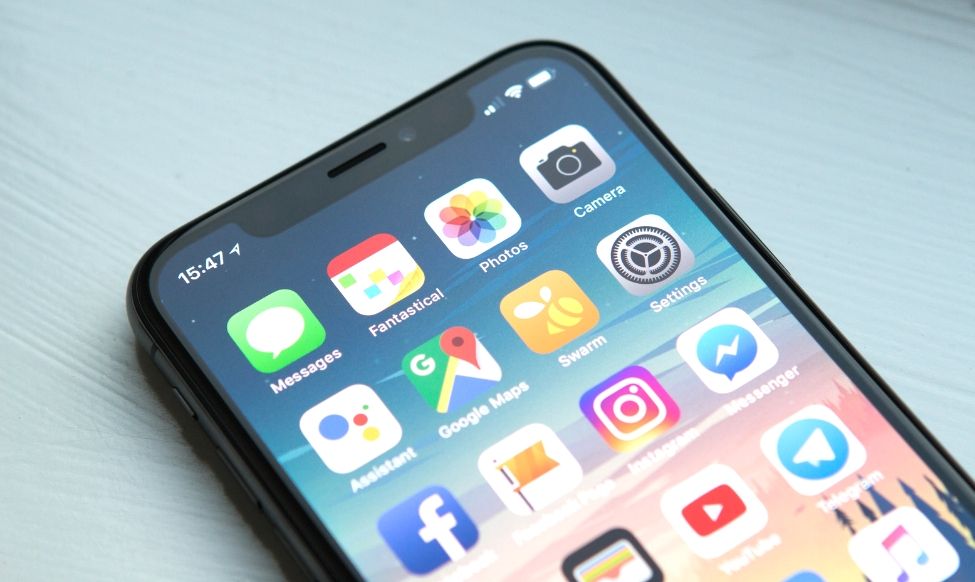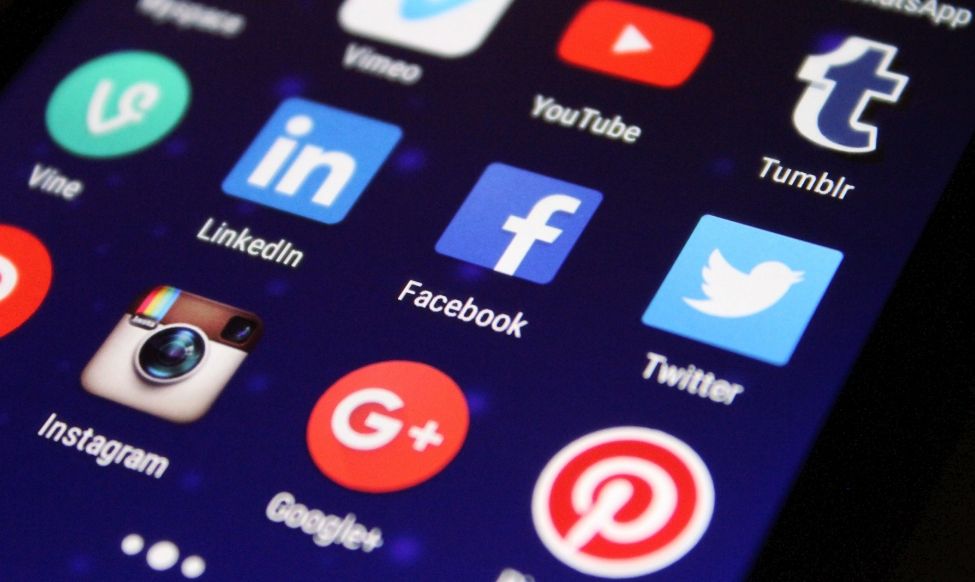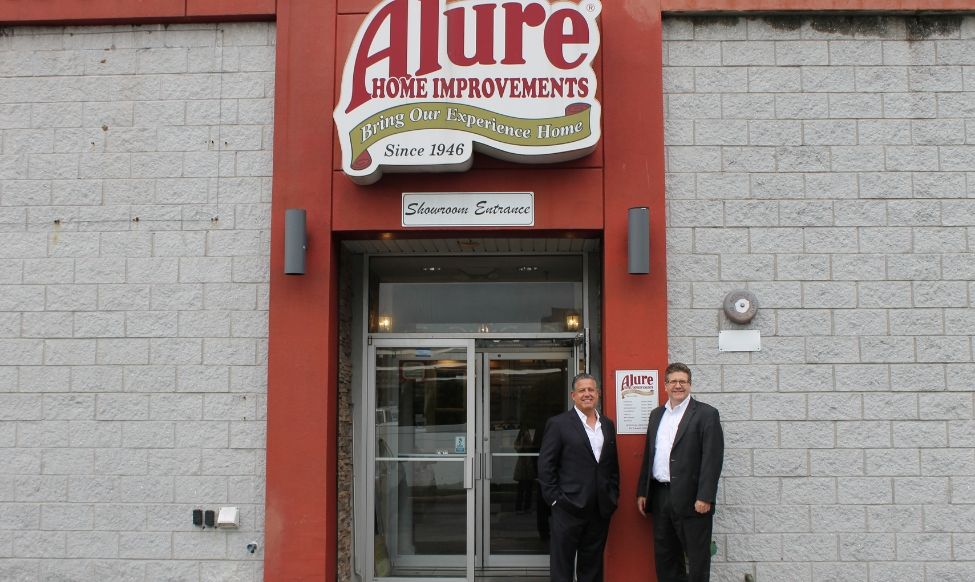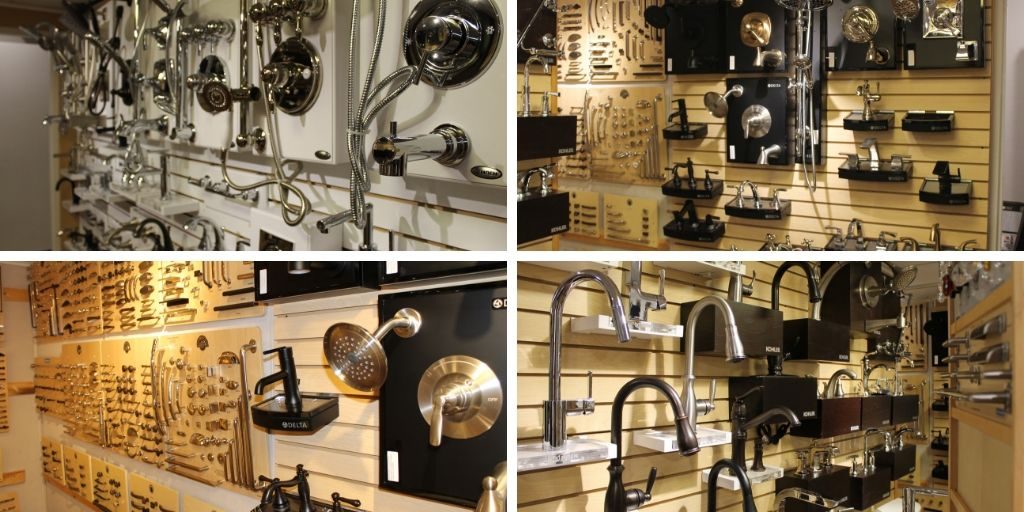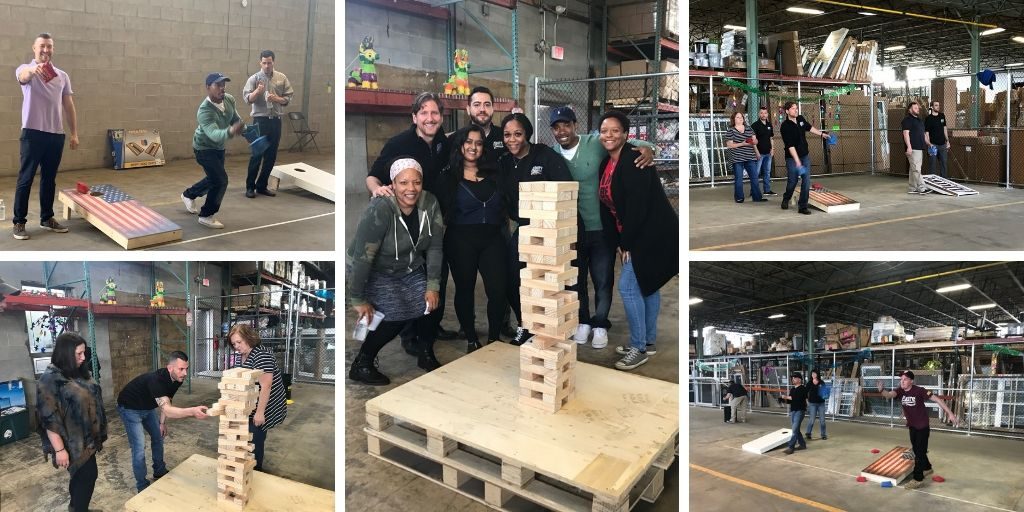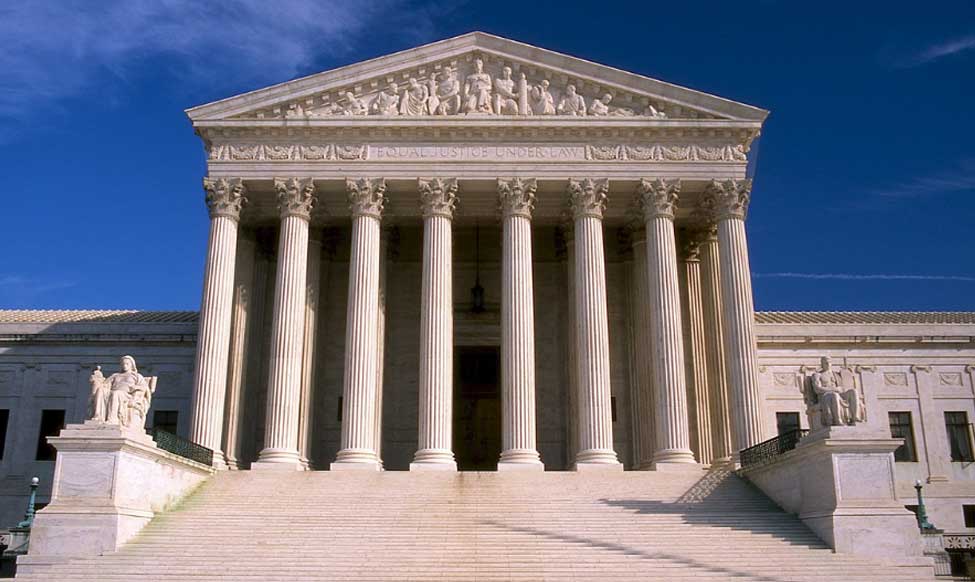You’ve heard all about the importance of preparation, knowing your BATNA, active listening, and other critical tools to maximize your chances of success in any negotiation. But negotiators often overlook a vital aspect of deal-making that could make or break their success: the location.
If you think a conference room is just a conference room, think again. Location means far more than the pictures on the wall and the wood color of the table. Whether your exchange takes place in your own office, on your adversary’s property, or at a neutral site – and even if the location isn’t ultimately up to you – you can still take steps to gain an important advantage.
THE HOME TEAM ADVANTAGE
Just as most sports teams prefer to compete on their own turf, most negotiators probably prefer to compete in their own location. As the host, a negotiator can gain control over the negotiation before it even begins.
First, the host gets to select the room in which the conversation will take place. To many, this seems like a mindless task, but to a successful negotiator, room selection and setup requires consideration. The right location depends on what you’re trying to accomplish. Will the negotiation be relaxed and friendly, or perhaps more serious and competitive? From there, you must consider the features of your room, what mood they may elicit in your opponent, and alter them if needed.
The Décor: It’s unrealistic that you’d change the décor of a room each time you have a meeting, but depending on the mood you want to set, you can choose intelligently between your conference room, your own private office, or elsewhere. To set the stage for a friendly negotiation, choose a more homey space with cupboards or bookshelves; this setup can help relax your adversary and give the impression that you’re looking for a win-win outcome. Or are you looking to show your opponent that he or she is in for a tough debate? Choose a site with an “ego wall,” complete with your awards and framed newspaper clippings. This setup not only creates a competitive, almost intimidating atmosphere, but also showcases your confidence – and appearing confident might even help you gain you a greater level of respect and give you an easier time getting what you want.
The Seating Arrangements: Just like the room’s décor, the seating arrangements should differ based on your strategy. Trying to strike a friendly tone? Consider putting the seats closer together and more offset than directly head on. Setting up for a more formal meeting with multiple parties? Create distance between the chairs and set them more head on. The distance will lessen the chance of emotional reactions while the head-on direction helps establish a more competitive atmosphere.
The Lighting: Insufficient lighting has been found to contribute to moodiness and depression, while bright lights can heighten emotions. A 2014 study found that people with access to natural light will have a greater sense of overall wellbeing than those without windows. Is your dark conference room stifling the discussion? Try switching to a different room with abundant natural light.
Drinks: Just as with lighting, research has shown that even the temperature of certain food and drinks can affect a person’s overall mood. Some researchers believe that the temperature of an object we hold in our hands impacts how we perceive the world around us at that moment. So if you have a tense negotiation on your hands, you may want to offer hot coffee instead of a cold soda.
SUCCEEDING AS THE AWAY TEAM
Being the “away team” at a negotiation can be intimidating – you are unsure what the negotiation environment will be, you will have fewer (if any) of your colleagues nearby, and the only resources at your disposal are those you brought with you. Nevertheless, many aspects of being the away team can give you a level-up on the competition.
Gather As Much Information As You Can: On site at your adversary’s business? Take advantage of the opportunity to look around for any clues that might help you negotiate. Perhaps the condition of equipment, number of employees, or other observations can be used to help you later.
Radiate Confidence: Remember, your competitor is in their comfort zone. You were willing to travel to their home. With that, you are showing confidence in your negotiation skills and position. Remind yourself that if you didn’t think you would triumph, you wouldn’t have wasted your time traveling.
Limited Resources May Be a Good Thing: You should never show up to a negotiation ill-prepared, but as the visiting team, you can always buy time with the excuse that you don’t have certain information on hand. Take the position that your host has no just reasoning as to why he or she can’t explain a claim or back up a position with evidence – all the files are right there. Don’t be shy about pointing that out.
Just Move It: Maybe your competitor set up the room with his or her own comfort in mind, but who says you can’t change it? If you are uncomfortable with the seating arrangements in the negotiation room – the chairs are too far apart or there is a light shining in your eyes – just move your chair. You’ll get more comfortable and project confidence.
A NEUTRAL SETTING
Meeting at a neutral location? There are still steps you can take to steer things your way:
Background Noise: Are you expecting a challenging and lengthy negotiation? Consider a quiet setting such as a hotel conference room; a pause in conversation will be met with silence, which both conveys seriousness and could even prompt your adversary to keep talking to avoid awkwardness. Want to set a calmer tone and put your opponent at ease? Suggest a restaurant with a bit of background noise, which will allow for natural breaks in the negotiation.
The Impression: How important is this deal to you and your competitor? If this negotiation is key to your success, show that by suggesting an upscale environment.
The takeaway: if you haven’t adequately prepared for the negotiation or mastered the emotional principles at play at every negotiation table, the diplomas on the wall and the location of your chair won’t save you. But smart negotiators play up every advantage they can. As the saying in the real estate industry goes, “Location, location, location.” Don’t underestimate its importance in your next negotiation!


